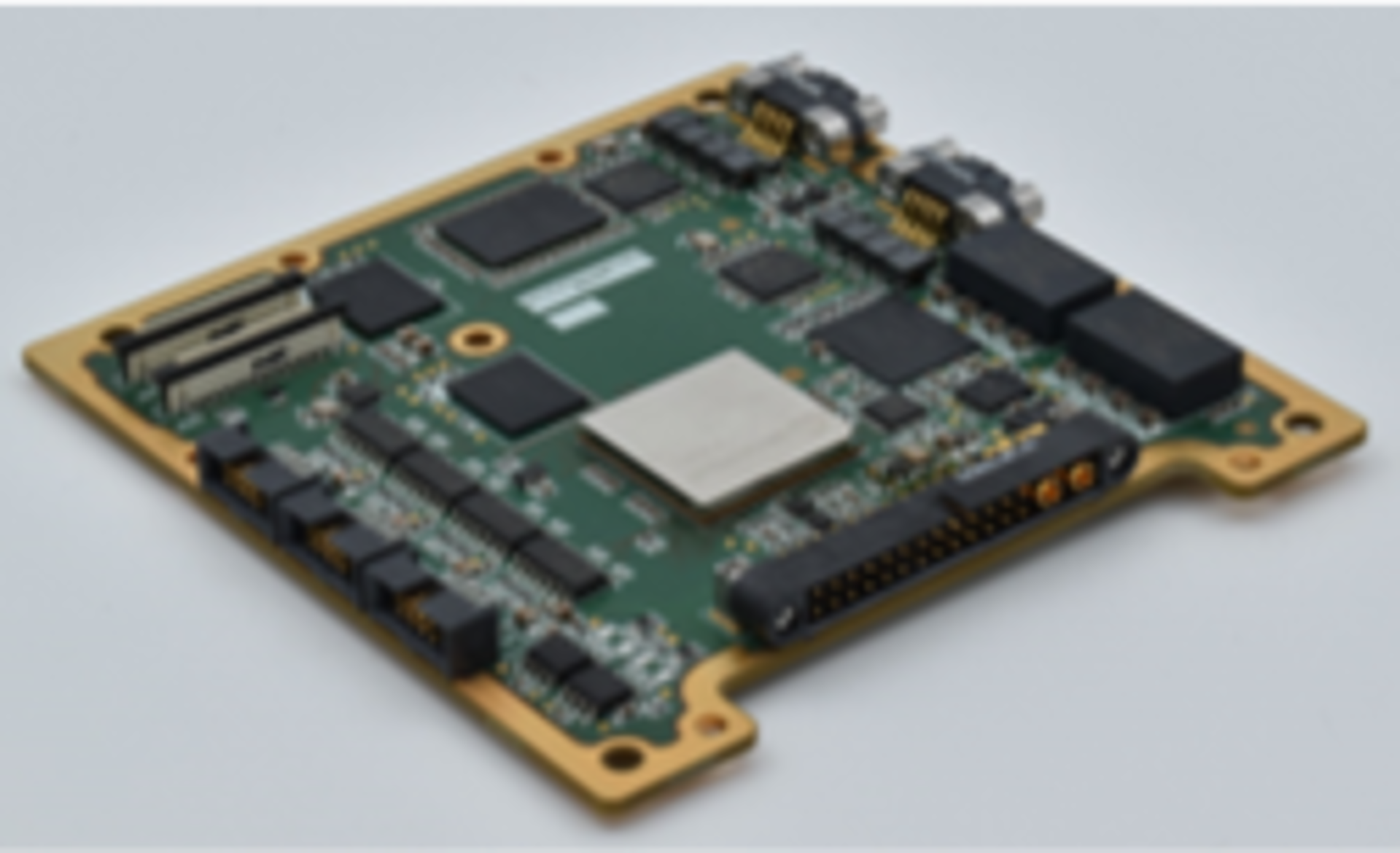Can AI help prevent attacks on location tracking data signals?
An activity knows as GNSS-AI On-EDGE has developed a small, low cost microcontroller for an on-board computer called HPC-AI, to detect disturbances in GNSS signals.
A new activity with Skylabs, in Slovenia, has built an artificial intelligence capable of predicting attacks on Global Navigation Satellite System (GNSS) -- a constellation of satellites positioning and timing data, that can, in turn, determine location.
Pinpointing our location is now a daily part of life, whether it’s a delivery app on our phone automatically knowing our address or the ability to locate friends in a crowded busy area. Demand for location-based services is higher than ever, with an ever increasing need for accuracy. At the same time, AI technology and deep learning has advanced, opening new applications in space and navigation.
The activity, funded through the GSTP Building Blocks Framework has built the new platform so it is capable of detecting any disturbances, such as a spoofing attack to these GNSS systems, with a key new element – the platform improves its ability to spot attacks through machine learning.
“The activity’s objectives were twofold – first to develop a plan for a machine learning accelerator to be space qualified, then to demonstrate the potentials developing the algorithms ” explains Gianluca Caparra, the technical officer in charge of the activity.
Named the HPC-AI, the activity eventually built a high-performance microcontroller in a single-board computer, designed for Low Earth Orbit (LEO) applications. The computer has a versatile design in terms of variety of resources, extension possibilities and available interfaces. Two separate computer models were developed, the first one detecting scintillation effects in the GNSS signals and the second to detect the beginnings of spoofing event. Each of the models run on its own edge processor, a Movidius AI@EDGE extension board.
“It’s a power efficient and high performance compact machine-learning board computer, that we hope can be used in low-cost small missions, rather than them having to rely on something big or expensive,” says Caparra.
The activity focused on building the board as small as possible and factored in the use of commercial components to keep costs lower.
The activity, 4000135301, closed in 2023.


